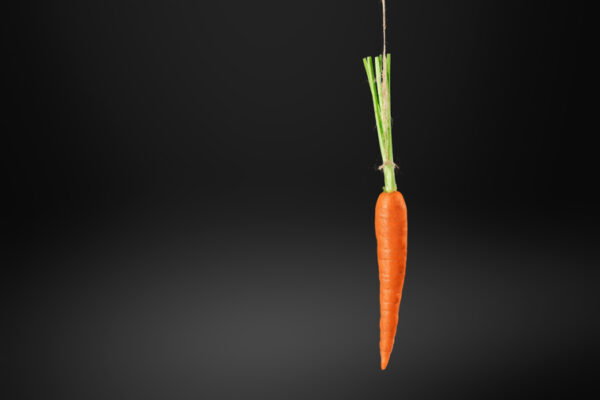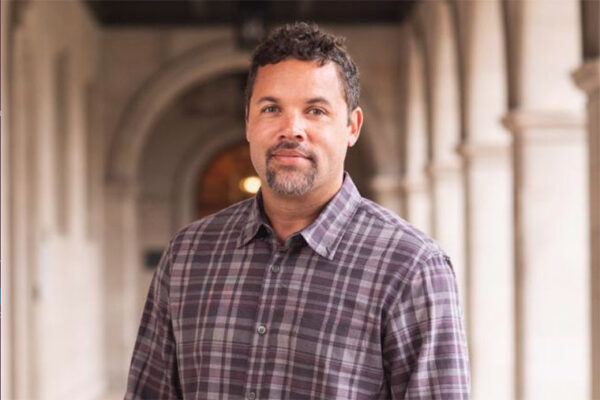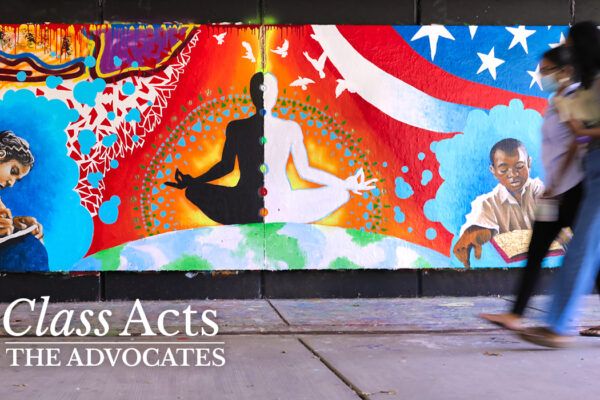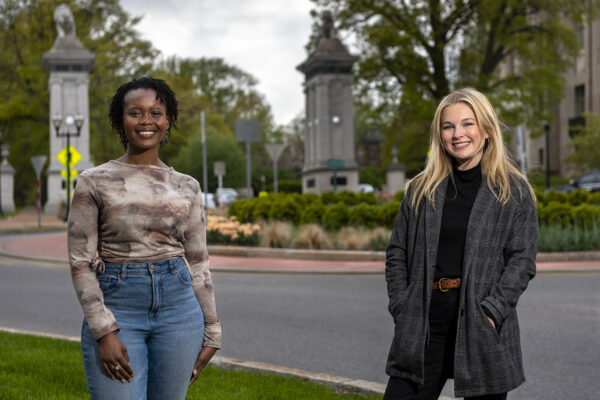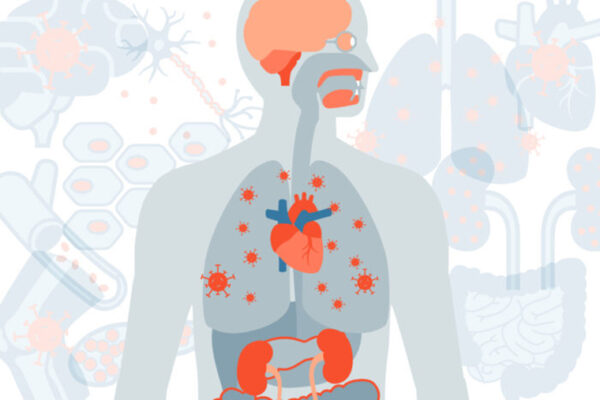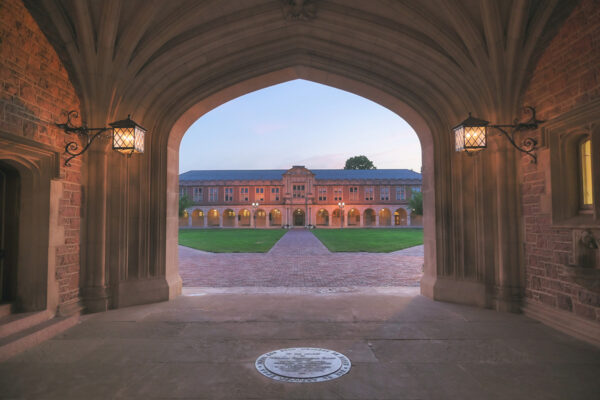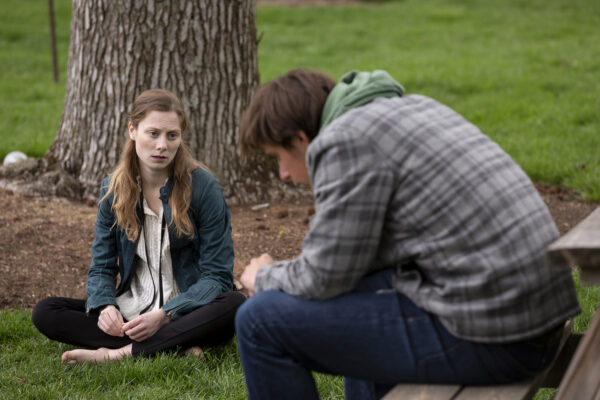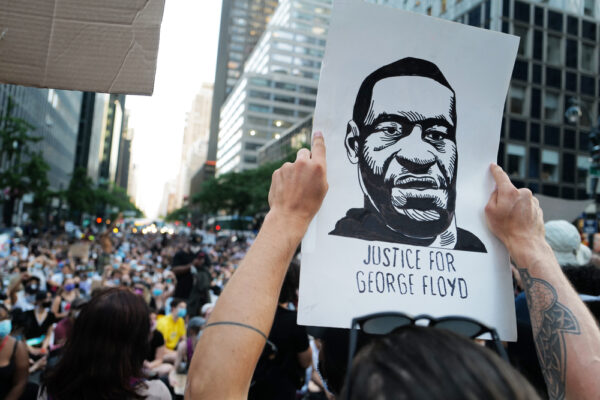Sum of incentives dictate efforts
People rarely have just one motivation to do something. New research from the lab of Todd Braver at Washington University in St. Louis suggests how, and where, they combine.
Washington University joins Universities Studying Slavery consortium
Washington University in St. Louis has joined Universities Studying Slavery, a consortium of 80 universities and colleges examining and addressing how their institutional histories are entangled with slavery and its legacy. The initiative, based at the Center for the Study of Race, Ethnicity & Equity, will support new research, classes and programs that leverage university collections and archives.
Class Acts: The Advocates
Welcome back to Class Acts, a celebration of the Class of 2021. This week, we spotlight advocates Leah Wren Hardgrove, Logan Phillips and Alexis Tinoco, three seniors working to make a difference.
Anti-aging compound that improves metabolic health in mice improves muscle glucose metabolism in people
In the first clinical trial of nicotinamide mononucleotide (NMN), School of Medicine researchers have found that the compound previously demonstrated to counteract aspects of aging and improve metabolic health in mice also has clinically relevant effects in people.
Earth Day: Students support U. City’s green goals
Municipalities such as University City play a vital role in protecting the planet, and Washington University students are working hard to help the city meet its sustainability goals.
Among COVID-19 survivors, an increased risk of death, serious illness
A new study from the School of Medicine shows that even mild cases of COVID-19 increase the risk of death in the six months following diagnosis. The comprehensive study also catalogues the wide-ranging and long-term health problems often triggered by the infection, even among those not hospitalized.
Chancellor, four other faculty named to American Academy of Arts & Sciences
Chancellor Andrew D. Martin and four other faculty members of Washington University were elected members of the American Academy of Arts & Sciences, the academy announced April 22. The others are Deanna Barch, John Baugh, Pascal Boyer and Holden Thorp. Founded in 1780, the academy honors exceptional scholars, leaders, artists and innovators.
Performing Arts gets ‘Tough!’
Bobby, Jill and Tina gather around the picnic table. Their bickering drifts across Mudd Field. But fear not, this isn’t some end-of-year meltdown — it’s a live, un-miked, guerilla-style performance of George F. Walker’s provocative tragicomedy “Tough!”.
Five factors that led to Chauvin guilty verdicts
Former Minneapolis police officer Derek Chauvin was convicted April 20 for his killing of George Floyd. Collectively, people across the country breathed a sigh of relief because far too often, the story has been police killing people of color with impunity, says an expert on race and the law at Washington University in St. Louis.
Mindfulness and anti-racism series launches
Meshing mindfulness with anti-racism is the focus of a series of upcoming talks funded by Washington University’s Center for the Study of Race, Ethnicity & Equity. The first virtual event features speaker Rhonda Magee on April 30.
View More Stories
